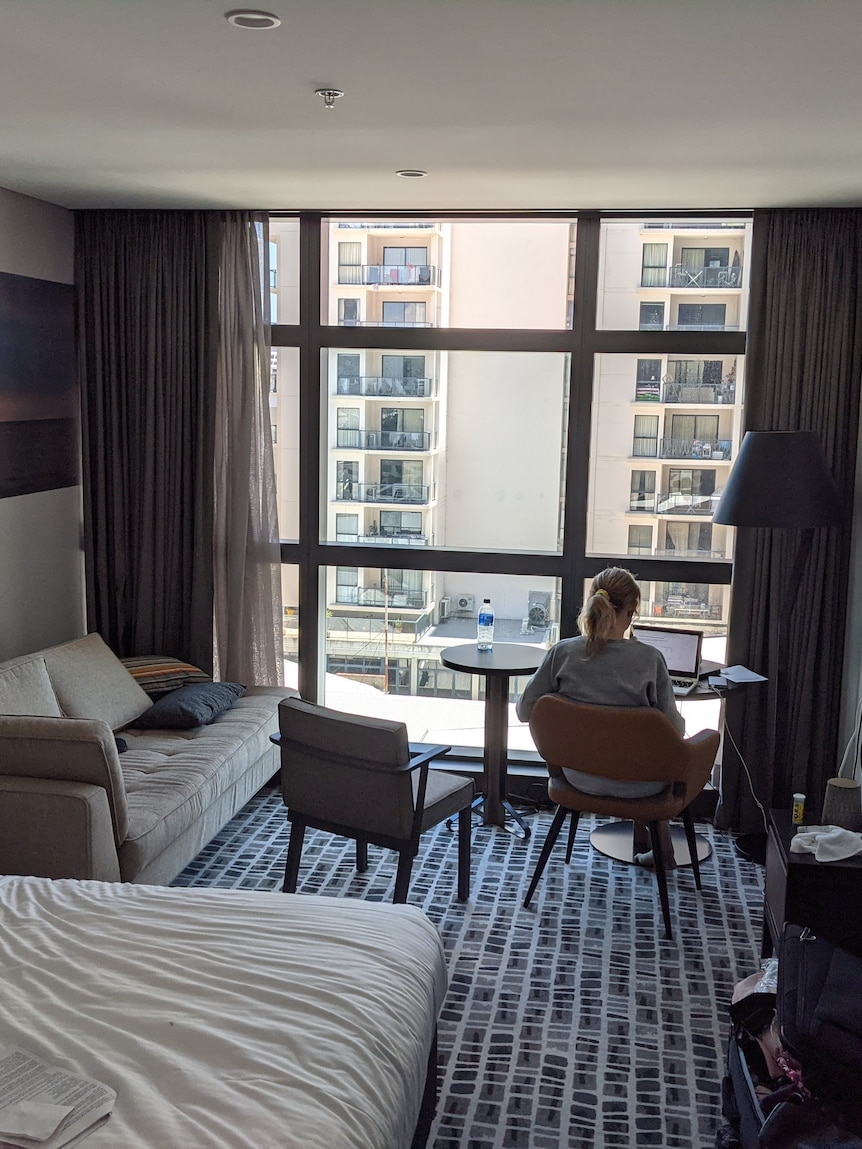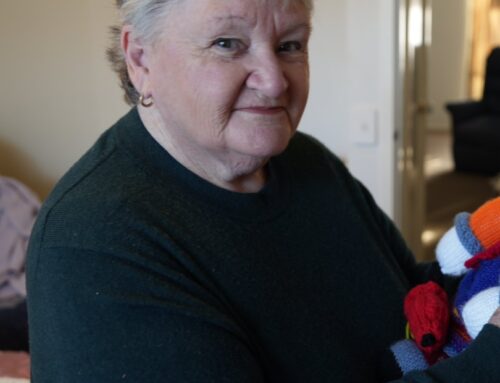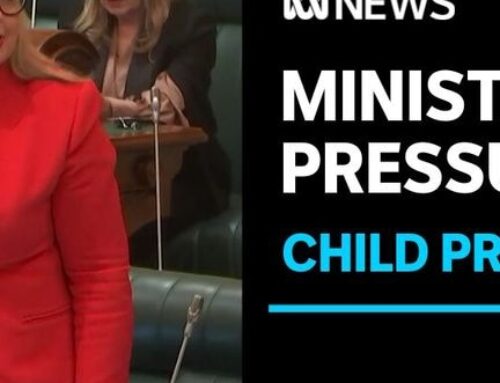People forced to stay in hotels for weeks at a time to slow the spread of COVID-19 still owe at least $70 million for bills racked up during their stays, according to Australia’s state and territory governments.
Hotel quarantine began in March 2020, when all incoming travellers were required to undertake a two-week isolation period in a hotel or other accommodation facility.
The scheme was initially managed and funded by the states and territories, with support from the federal government.
States began to charge for the hotel quarantine system in July 2020 when the federal government refused to take over the system’s management and foot the bill.
Hotel quarantine was phased out across the country throughout late 2021 and early 2022, when home quarantine became possible through the availability of the COVID-19 vaccine.
However, four years after the policy was enacted, some states are still struggling to recoup the money they spent establishing and managing the system.
The ABC asked each state and territory government what their outstanding bills totalled today.
Queensland
Queensland has about $36 million outstanding.
That is out of a total of $255 million in fees incurred by people staying in Queensland quarantine facilities.
A Queensland Health spokeswoman said the invoices not only sought to address accommodation costs, but bills racked up for linen, laundry and meals.
She said the government had since recouped $219 million either through payments, waivers or write-offs.
She said about $44 million had been waived for people facing financial hardship.
New South Wales
New South Wales has $26.1 million outstanding.
That’s out of $326.1 million in fees it issued. $300 million has already been paid or resolved.
$52 million in other fees were withdrawn or waived.
However, New South Wales is also in an ongoing tussle with the Queensland government about outstanding payments from residents who stayed in NSW facilities during the pandemic.
The total amount of the debt has not been confirmed.
Queensland Deputy Premier and Treasurer Cameron Dick said his state still had no plans to deal with it outright.
“As previously stated, NSW is free to pursue additional funding through interstate GST arrangements,” he said.
Australian Capital Territory
The Australian Capital Territory does not have any outstanding debts owed for its hotel quarantine system.
An ACT Health spokeswoman said the territory had recovered $675,620 in quarantine costs, and $129,930 had been waived.
She said the amounts did not include GST.
Tasmania
Tasmania has $1.56 million outstanding.
A government spokesman said more than 17,500 people stayed in hotel quarantine in Tasmania, and some had been given exemptions or had their fees waived due to exceptional circumstances.
He did not provide a specific figure for those waived fees.
Victoria
Victoria declined to provide any up-to-date figures regarding its outstanding quarantine fees.
However, The Herald Sun last year reported last year that a Department of Justice and Community Safety spokesperson said the debt likely totalled about $9.1 million.
The state has recouped $52.5 million.
Northern Territory
The Northern Territory has $3.2 million outstanding.
That represents 1,902 out of 16,603 invoices the government issued for staying in either the Greater Darwin Centre for National Resilience or the Alice Springs Quarantine Facility.
The total amount of invoices, including those still outstanding, adds up to about $37.3 million.
South Australia
South Australia has $8.49 million outstanding.
The total amount that has been recouped from those who stayed in hotel quarantine is about $42.24 million.
About $500,000 has been written off and just over $10 million in credits have been issued to those who booked travel prior to the mandatory isolation rules taking effect.
Western Australia
Western Australia has about $100,000 in debts outstanding.
A spokesman said the state had recouped $114 million from hotel quarantine guests.
Another $17 million was written off and $4.5 million was waived, they said.
About 86,000 people stayed in WA’s quarantine hotels.
Will the governments ever see that money back?
Some governments are garnishing the wages of people who have not paid their outstanding bills, or have referred them to debt collectors.
Every state and territory has also enacted payment plans for those looking to pay their bills in increments, and also offered systems that allow people in extraordinary circumstances to have their debts waived.
Some authorities have quietly accepted they are unlikely to ever recoup the amount spent on the system.





